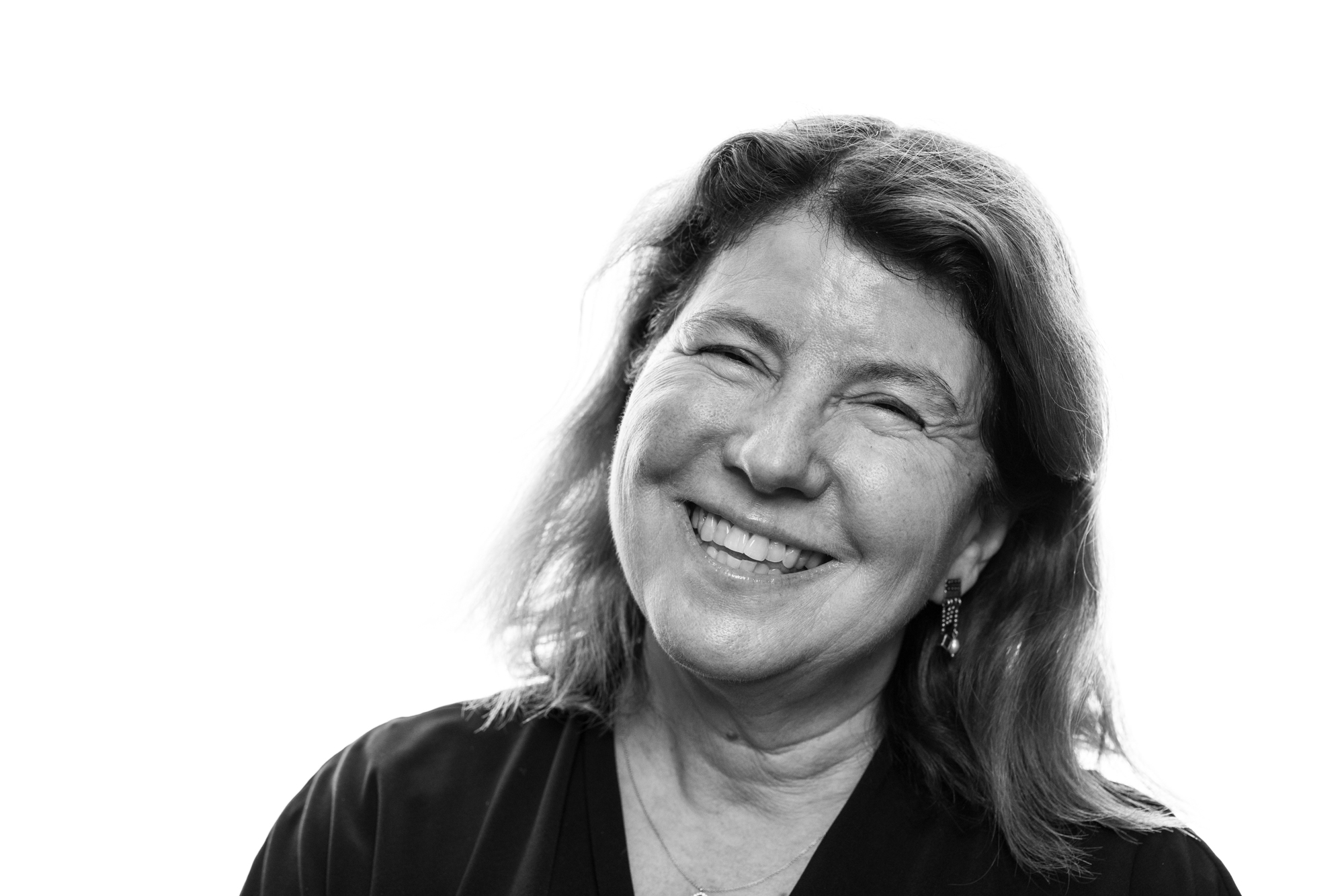Beth Singer shares about her summer job experience working in the hospitality industry.
It’s been a year now since I retired from a deeply satisfying 36-year career as a congregational rabbi. Being a rabbi was a hard job, but, in some ways, not as hard as my summer job when I was 22. I answered an ad to clean hotel rooms. The other cleaners took me under their wings.
They showed me how to use a razor blade to clean grout, and how to make perfect sheet corners. My heart would lighten when I walked into a hotel room and, amidst the rumpled sheets and dirty towels found a few dollars left for me on the nightstand. I saved for rabbinical school. Many of my fellow hotel maids held multiple jobs.
The lessons of a summer job as a hotel maid have stayed with me throughout my life. Like other summer jobs, I met legions of decent people who work hard and yet stay stuck in an endless cycle of poverty. I wish I could say that I saw all this and devoted my life to changing societal attitudes toward hard working people in service jobs. I did not.
But as a result, I pay close attention to systems that perpetuate wealth disparity. On a more personal scale, I leave a $10 dollar bill and a note each day in my hotel room, and I tip at least 20 percent at restaurants.
